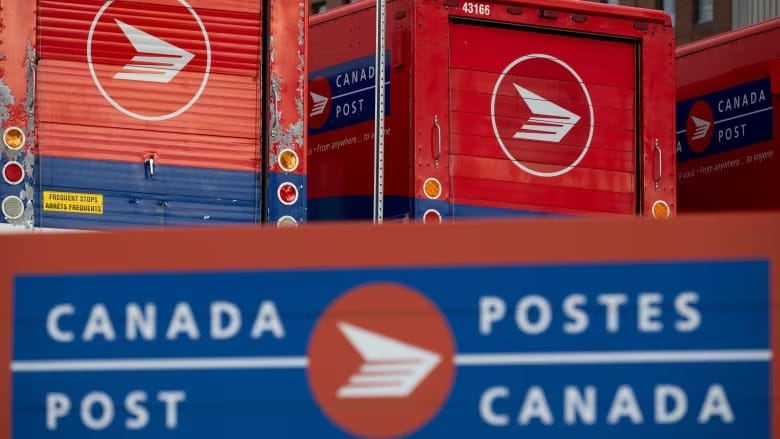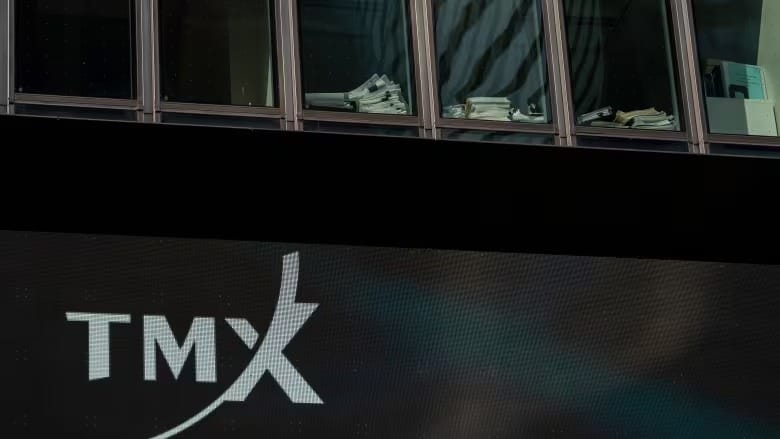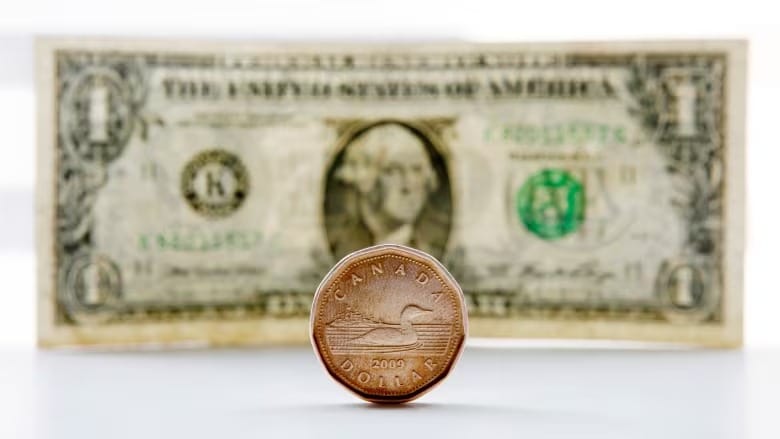Boeing workers vote to end 7-week strike, accept new contract with 38% raise
About 33,000 machinists have been on strike since Sept. 13 demanding steep wage increase

On Monday, Boeing's West Coast factory workers voted to accept a new contract offer, concluding a seven-week strike that disrupted much of the company’s jet production and exacerbated its financial strain.
The union announced that 59 percent of its members supported the contract, which provides a 38 percent pay increase over four years. This outcome relieves pressure on Boeing’s new CEO, Kelly Ortberg, following two previous contract rejections by the union.
"This is a victory. We can hold our heads high," said Jon Holden, the union’s lead negotiator, after the vote. "Now it's our job to get back to work."
Despite this agreement, Boeing declined the strikers’ demand to reinstate a company pension plan that was frozen nearly ten years ago.
The end of the strike, the first in 16 years for Boeing's largest union, brings relief to the company, which has faced numerous setbacks since an incident involving a door panel on a 737 MAX in January. Ortberg expressed his satisfaction in a message to employees, saying, "While the past few months have been difficult for all of us, we are all part of the same team. There is much work ahead to return to the excellence that made Boeing an iconic company."
Approximately 33,000 machinists working on the 737 MAX, 767, and 777 jets began the strike on September 13, seeking a 40 percent wage increase and the restoration of their defined-benefit pension, which had been replaced by a 401(k) retirement plan a decade ago.
Though the original pension was not reinstated, workers did secure an increase in company matching contributions for their 401(k) plans. They also received a commitment from Boeing to build its next airplane in the Seattle area—a first, according to Holden.
President Joe Biden and Acting Labor Secretary Julie Su, who helped mediate the negotiations, praised the agreement. "We've shown that collective bargaining works," Biden said. Boeing noted Su’s role was essential in moving both sides toward a deal.
Biden’s support of unions has been a hallmark of his presidency, and the union vote came just a day before Americans head to national polls.
Boeing now faces several weeks of gradually restoring plane production and cash flow, with 737 MAX production expected to remain in the single digits per month for some time, significantly below the pre-strike target of 38 planes per month.
The strike, which analysts estimated cost Boeing around $100 million per day, led the company to raise $24 billion from investors last week to maintain its investment-grade credit rating.
Ortberg must now work to mend relations with machinists in the Pacific Northwest, who have voiced frustration over lagging wages during a decade of rising inflation and cost of living in the Seattle area. The union reports that members received only four one-percent wage increases over the past eight years.
"I’m demoralized, to say the least," said Thomas Amilowski, a worker on the 777 who voted against the contract. He criticized the union leadership, which had backed the initial offer that was overwhelmingly rejected by nearly 95 percent of members, as having a "defeatist mindset."
Holden acknowledged that, with only 59 percent approval, “there were those who definitely were not happy with the vote.” However, he emphasized that workers and Boeing leadership can work to rebuild their relationship.
Boeing projects that, by the end of the new contract’s four-year term, the average annual machinist salary will reach $119,309, up from $75,608. The pay raises could add $1.1 billion to Boeing’s wage expenses over the four years, with a $12,000 ratification bonus per union member potentially costing an additional $396 million, according to Jefferies analysts.
More than 26,000 union members voted on the contract, resulting in a turnout close to 80 percent.





